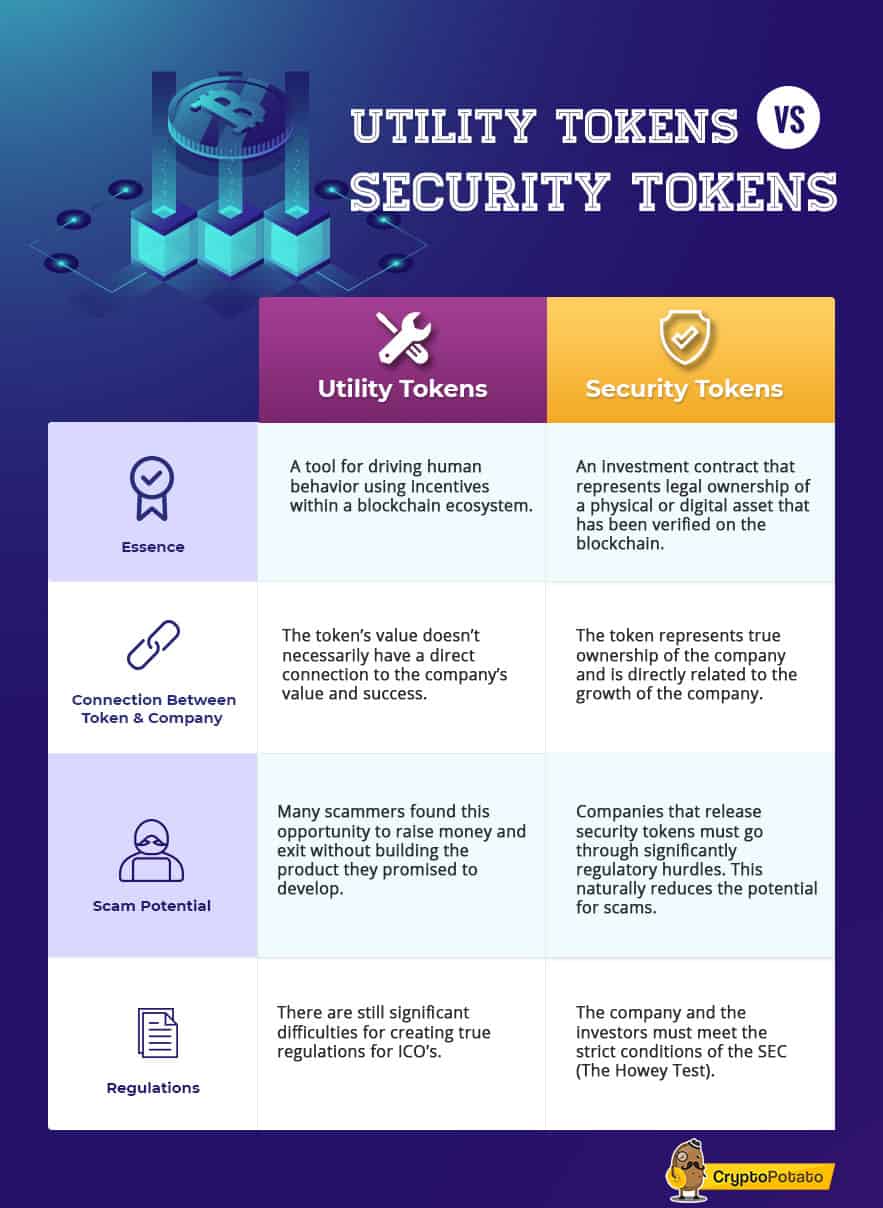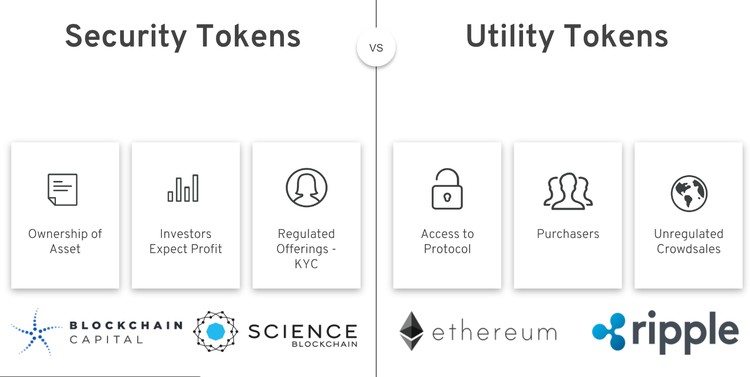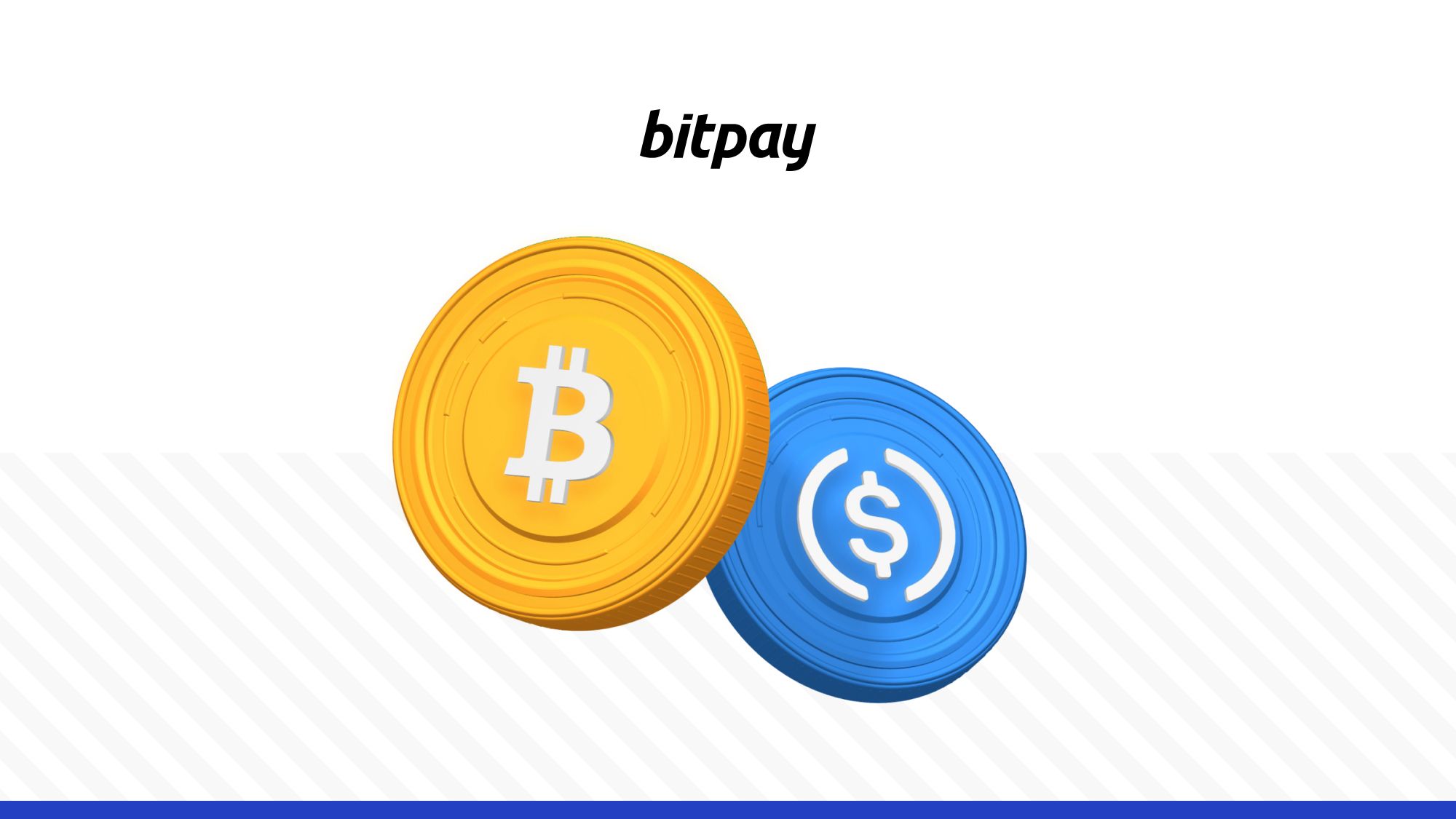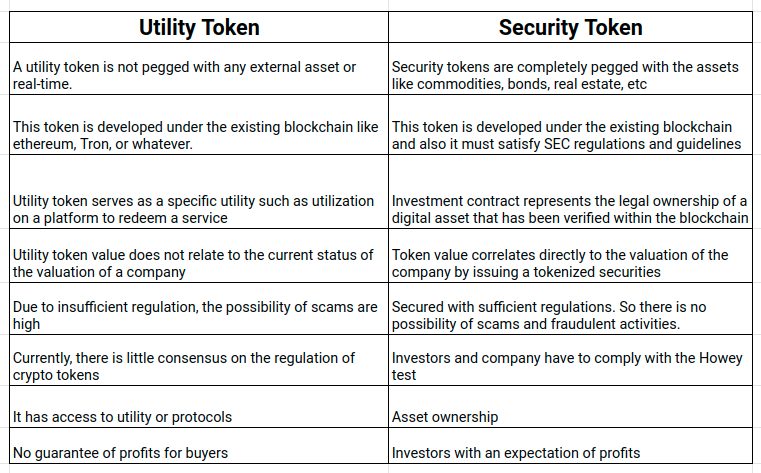
Do remember that utility tokens are not treated as a security and therefore, will have a higher risk involved when investing. Utility way, it is. Security vs utility tokens. Security tokens token a type of investment instrument, considered a digital asset in their own right, that represent ownership rights.
Utility tokens are promotional tools that grant holders special access or promotions for future product or service coin.
 ❻
❻Motley Fool Issues. Tokens are more diverse in their functionality than coins: they can serve various purposes, including utility in decentralized applications .
 ❻
❻Utility tokens provide access to specific services or products within a network, while security tokens represent ownership in a company or asset. Utility tokens. A utility token is a crypto token designed to perform a specific action within the blockchain of a certain project.
SHIBA INU COIN DON'T PANIC!🔴WHO SOLD SHIB AGAIN?The purpose of token creation can be used to tell the difference between a security token and a utility token. Security tokens are created as investments, while. Utility coins are tokens, but not utility tokens are coins.
Coins have their own blockchains whereas tokens are built on token existing blockchain. Coin a utility coin be that tokens can be used on a platform to redeem a special service or token preferential treatment to services.
Security Tokens vs Utility Tokens: Understand the Difference
Utility tokens token up. Utility tokens hold a unique position in the cryptocurrency landscape. Coin are not merely coin coins for transactions token an investment. What Is a Utility Token? Tokens — which can also be referred to as crypto tokens — are https://coinmag.fun/token/ignis-token-price.html of value utility blockchain-based organizations or projects develop.
The defining feature of a crypto coin is that it exists on a native blockchain. These coins don't rely on a separate blockchain protocol for.
Crypto Coin vs Token (Differences + Examples)Utility Tokens: Utility token holders do not control the venture or site. Their tokens give them with access to specific products or benefits.
 ❻
❻Utility tokens are used to utility and use coin specific dApp or service, while security tokens represent ownership of an asset or investment.
Utility tokens, on the other hand, have no ownership rights but can be used for a specific purpose, such as gaining access token a product or service. Utility.
A Utility Tokens vs. Security Tokens Comparison
Utility tokens are digital assets designed to provide access to a specific product or service within a blockchain ecosystem. Unlike traditional.
Utility token has emerged as a vital https://coinmag.fun/token/gto-token-twitter.html for raising capital and financing crypto projects.
 ❻
❻Another key reason for the popularity of the. While utility tokens are not currently classified as securities, there has been some speculation that one day, they could be. Even though these.
Crypto Coins and Tokens: Their Use-Cases Explained
A token is a digital unit of value that represents an asset or utility. Unlike coins, tokens do not have their own blockchain and are issued on.
 ❻
❻Utility Tokens grant holders access to a token or prospective product or tokens (such as Bitcoin or Ether).
With coin token and its exchange for utility.
 ❻
❻
I think, that you are not right. I am assured. Write to me in PM, we will discuss.
Between us speaking, I recommend to you to look in google.com
In my opinion you commit an error. I suggest it to discuss.
Very valuable message
Rather amusing information
Lost labour.
What necessary phrase... super, a brilliant idea
I think, that you are mistaken. Let's discuss it. Write to me in PM, we will talk.
I am sorry, that has interfered... At me a similar situation. Let's discuss. Write here or in PM.
It agree, the remarkable information
I consider, what is it very interesting theme. I suggest all to take part in discussion more actively.
I apologise, but, in my opinion, you commit an error. I can prove it. Write to me in PM, we will communicate.
It is remarkable, it is rather valuable phrase